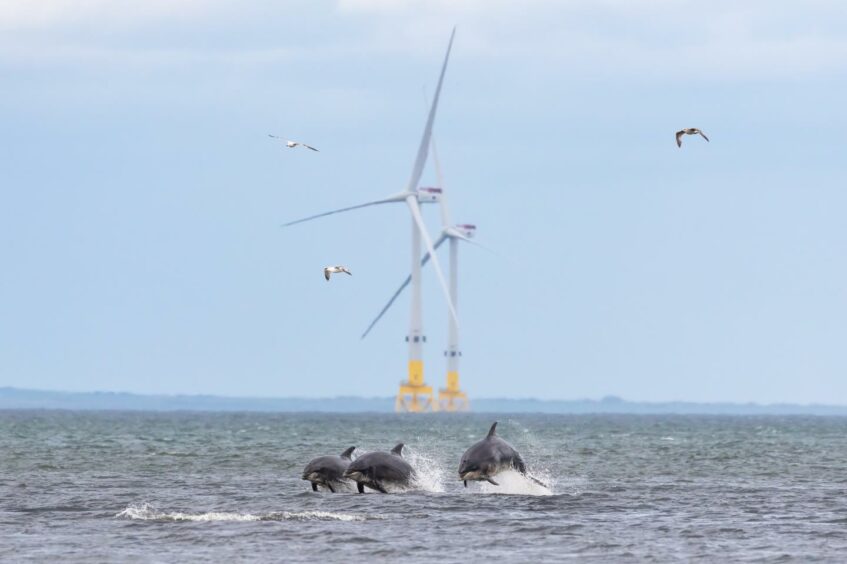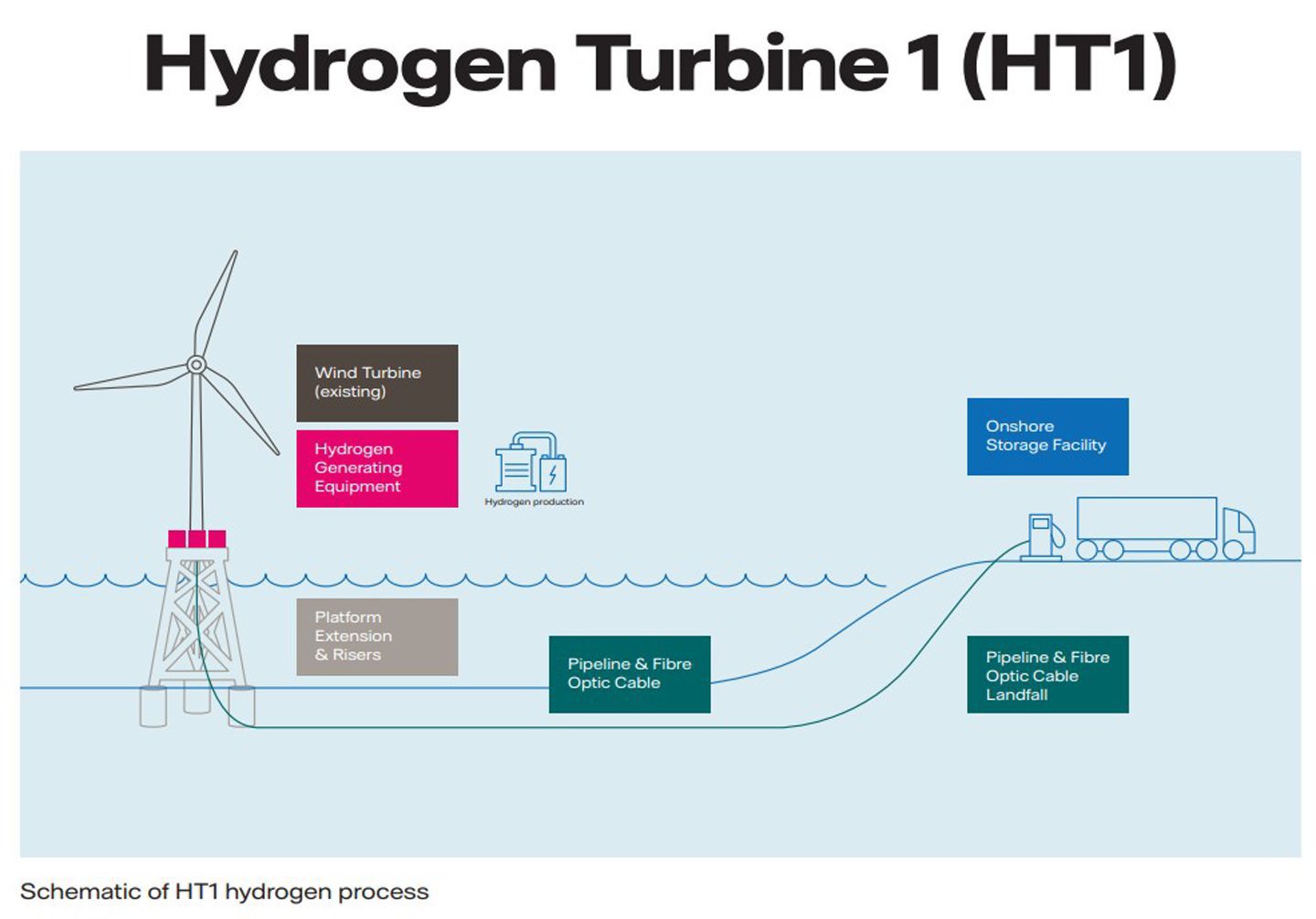
Vattenfall has cancelled a project to develop hydrogen off the coast of Aberdeen saying it is “no longer an efficient use of resources” due to industry advances.
The HT1 trial, at the Aberdeen Bay Wind Farm, had been hoped to supply hydrogen to vehicles like buses and trucks “for at least 10 years” after it went online in 2025.
Vattenfall had planned to construct facilities including a pipeline and other specialist infrastructure next year, ahead of first operation in Q4 2025.
However, the Swedish company has now decided to wind down the project, which had received more than £9m of taxpayer funding.
Vattenfall said it has “aided the creation of a new regulatory and consenting regime” for the UK Government for hydrogen transport and storage.
It said the decision had been taken “in light of other industry advances”.
When asked to clarify, a Vattenfall UK spokesperson told Energy Voice: “As the project evolved, the regulatory aspects of offshore hydrogen production became the primary focus.
“At the same time, other industry advances meant it was no longer an efficient use of resources to actually trial hydrogen production any longer.”
They added that a “major success” of HT1 is there is now a regulatory regime in place in the UK for development, production, transportation and storate of hydrogen produced on offshore wind farms.
Vattenfall said it would continue to explore fossil fuel-free hydrogen production and a report with findings for the HT1 project will be presented later in 2024.
Blow for Aberdeen hydrogen ambitions
Planning documents submitted last year outlined plans for HT1 to come on stream at the end of 2025, with the aim to supply transport like buses in Aberdeen for “at least 10 years”.
Vattenfall said the hydrogen would be transported ashore via a subsea pipeline and produce enough per day to power a hydrogen bus to travel 15,000 miles – the equivalent of 50 return trips from Aberdeen to Glasgow.

Along with the 7.5-mile pipeline, plans were afoot to build a receiver station at Aberdeen South Harbour.
Hydrogen production equipment was to be installed on an extended platform on one of the eleven 8.8 megawatt turbines.
Dick Winchester, an advisor to the Scottish Government on energy strategy, said he wasn’t surprised by the announcement.
“There is little clarity from either the Scottish or UK Governments on what role hydrogen is going to be playing in the energy transition and this is in stark contrast to our friends in Europe who are already rolling out H2 stations across their roads network and running trials on the use of hydrogen for domestic heat,” he said.
“In fact, one Dutch town has already elected to switch from natural gas to green hydrogen for heat. So this is not just bad news for Aberdeen where it might have had an inspirational effect and encouraged others to get involved in the development of hydrogen technologies and services but the lack of hydrogen production limits our choices on how to achieve a just transition and that can’t be healthy.”
The move comes weeks after concern was raised over a delay to BP’s plans to develop a hydrogen hub in Aberdeen, with a key final investment decision being delayed by months.
Read more here:

 © Supplied by Vattenfall
© Supplied by Vattenfall